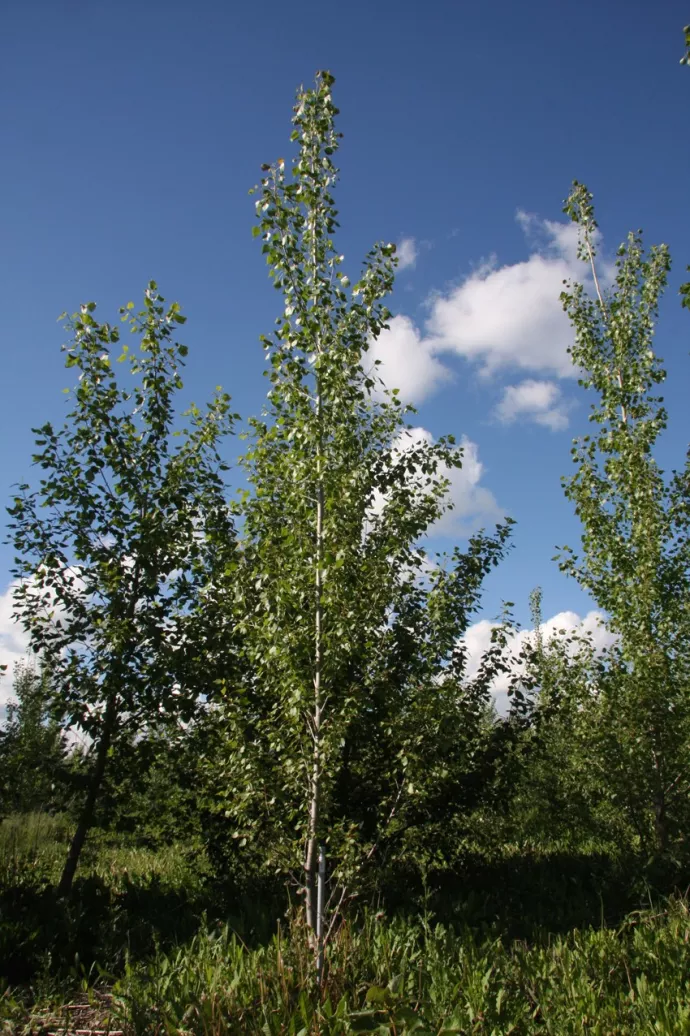
UTM Biology Rasoulzadeh Hosseini wins UTEA-NSE
UTEA-NSE is short for University of Toronto Excellence Award - Natural Sciences and Engineering, a very competitive award that provides undergrad students the opportunity to do research over the summer.
Seyed Alireza Rasoulzadeh Hosseini – 4th year undergrad student, Biotechnology Specialist and Chemistry Minor won one of the highly competitive 2021 UTEA-NSE. This award will provide him the experience that will allow him to make informed decisions about pursuing a career in research.
I have been interested in understanding how living organisms function and came to be since an early age. In high school, I found classes relating to chemistry, the life sciences and mathematics to be the most rewarding. This led me to choose biotechnology and chemistry as fields to pursue in university. Undergraduate studies exposed me to the world of research, helping me realize my interest in scientific research. Since then, I have been granted opportunities to work under the supervision of leading researchers helping me learn more about a discipline I am deeply passionate about. I find research rewarding not only because of the contributions I can make to science, but also the collaborative nature of it. As well as this, it provides an opportunity to perform hands on work on top of creative and critical thinking, making it a dynamic and fundamentally interesting field. As a result, I plan on pursuing research and scientific inquiry as a part of my career, and hope to ultimately contribute to bettering our understanding of the natural world. (Seyed Alireza Rasoulzadeh Hosseini)

From May until the end of September 2021, Rasoulzadeh Hosseini will work on Altered epigenomes in breeding and early tree development project under the supervision of Dr. Katharina Braeutigam.
Cell differentiation is key to the development of higher organisms. However, almost every single cell in an organism contains the same genome, that is the same genetic information. How does one genome give rise to different cell types and organs that form an organism? How are new organs initiated and adjusted?
As sessile organisms, trees show impressive developmental plasticity: new organs such as leaves or roots are formed on a regular basis. Moreover, number and appearance of these organs can be adjusted depending on environmental conditions (e.g. day length or soil conditions).
The UTEA will allow Rasoulzadeh Hosseini to study developmental transition in a native deciduous tree and model organisms: the poplar tree. His work will investigate how cell populations with stem cell-like characteristics can shape new organs. Special emphasis will be placed on epigenetic marks such as DNA methylation and histone modifications, that shape gene expression and eventually set tissue identity.
Dr. Braeutigam mentioned that: “Insights in his work will help to elucidate key molecular processes underlying developmental processes, they will also provide an opportunity to better understand and predict plant performance with implications for breeding”.
For more research on plant epigenetics and stress biology, visit Dr. Katharina Braeutigam's Lab website.
To find more about University of Toronto Excellence Award (UTEA) - NSE, click here
